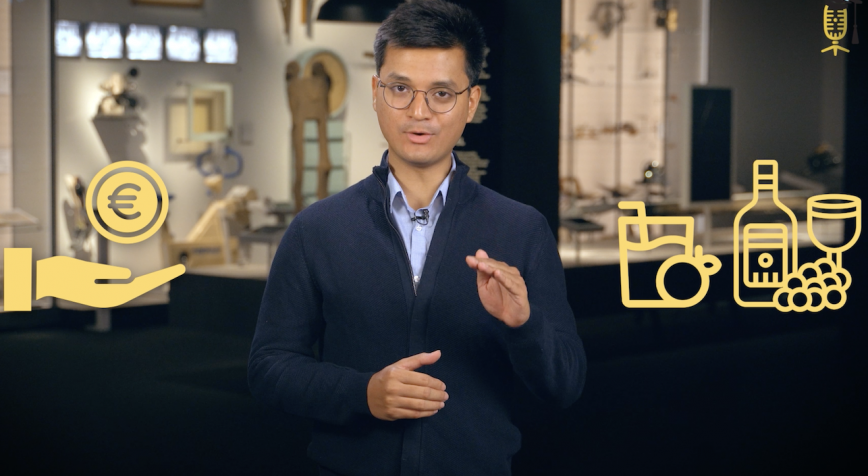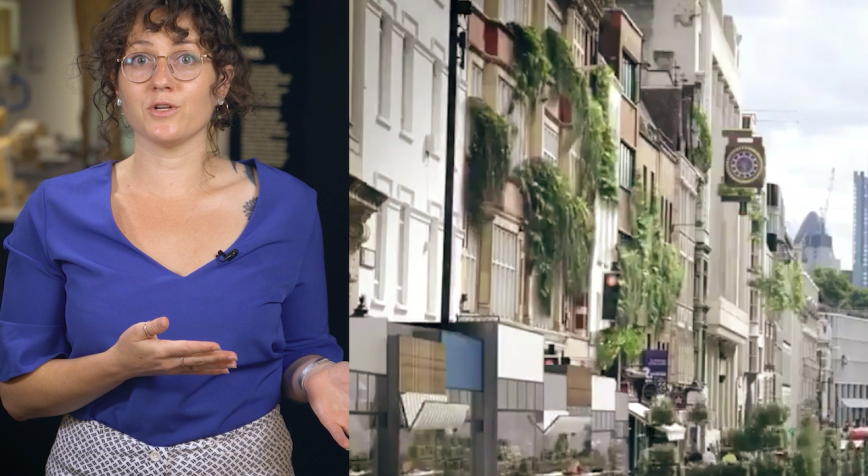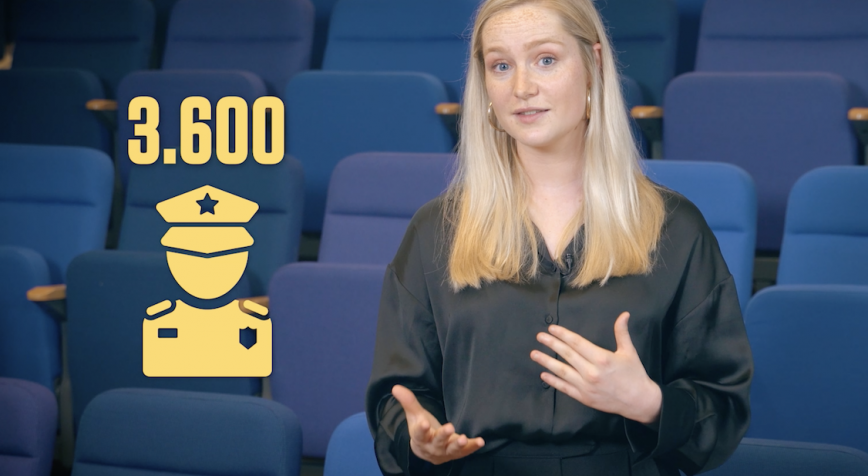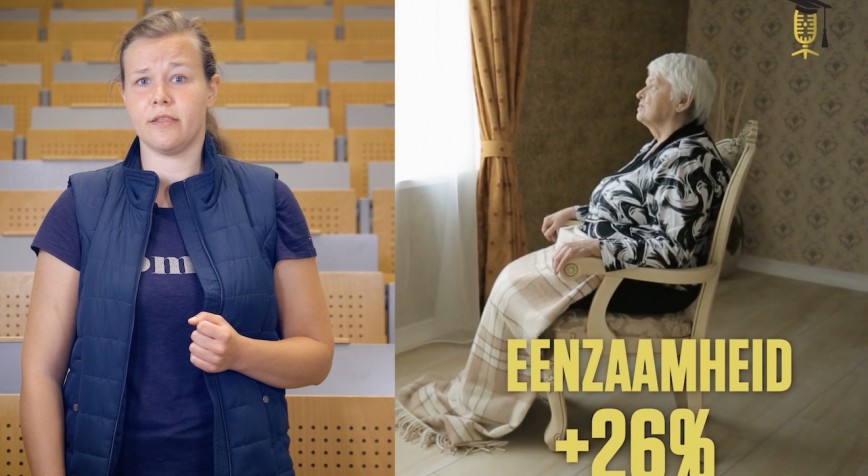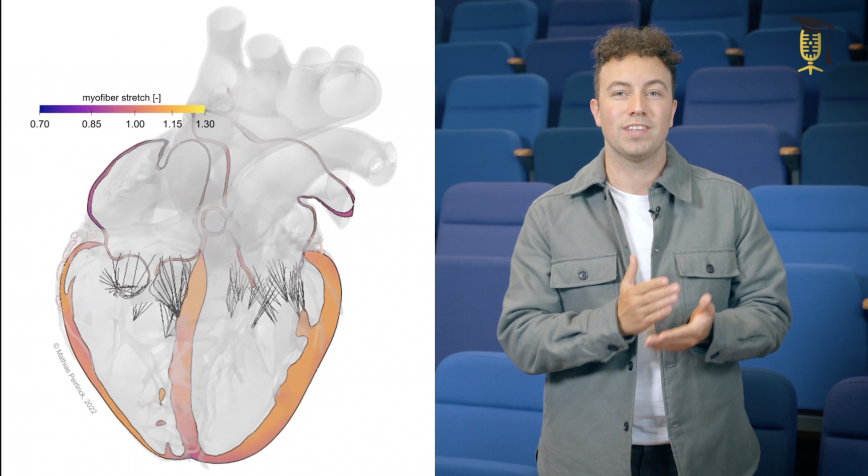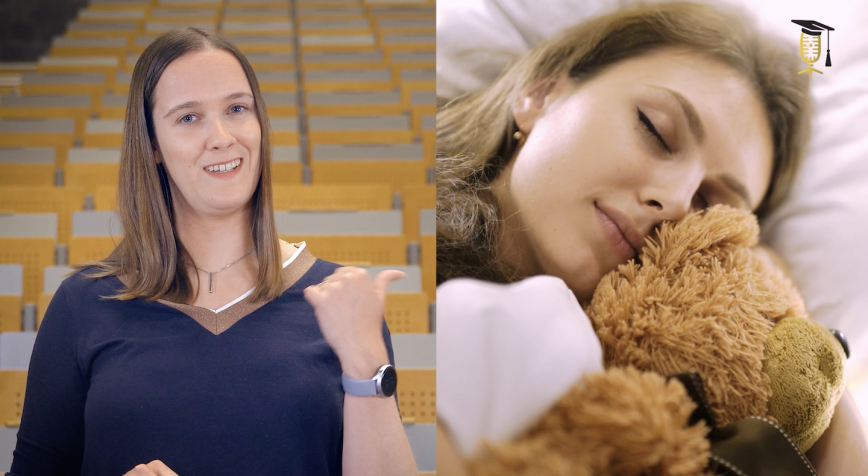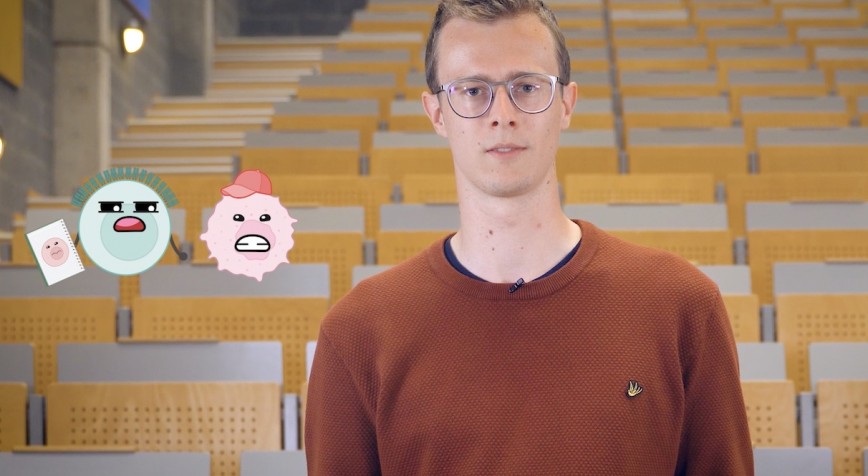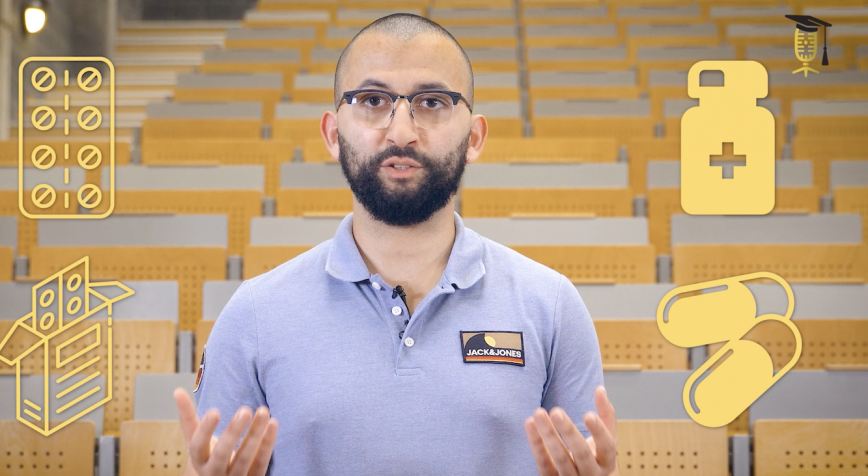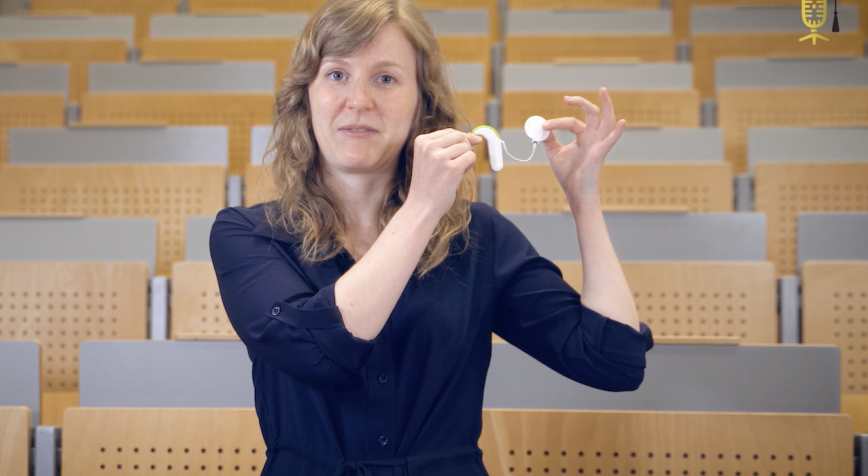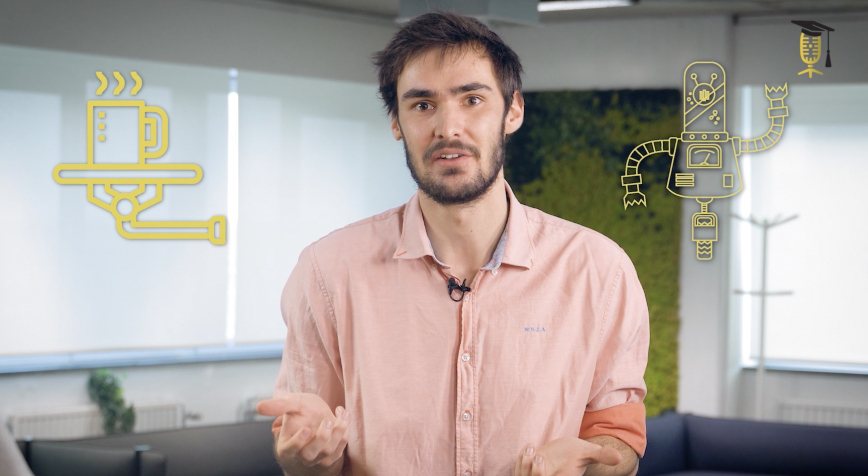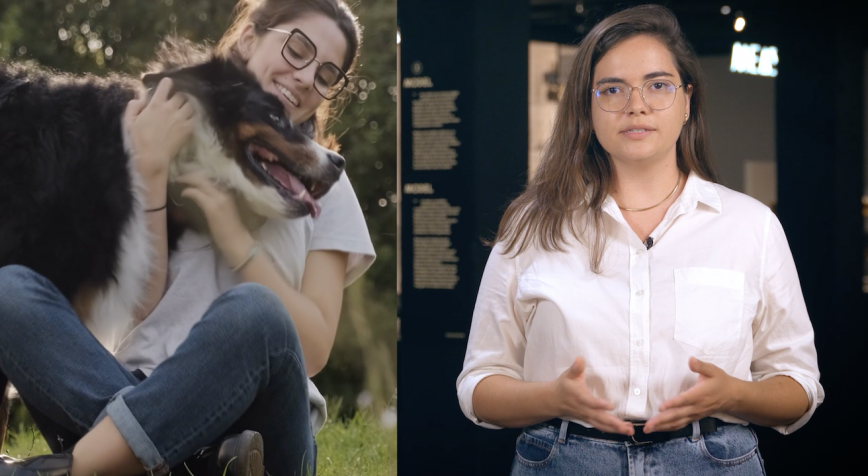
UGent
VUB
How can dogs help us fight cancer?
Dogs and humans have a lot in common, at least when it comes to cancer. That means that successful new treatments tested in dogs could be applied to humans. That's why Nayra Valle uses dogs with spontaneous cancer to develop and test a new technique for image-guided surgery. This could help surgeons better remove cancer tumors when operating on patients.
